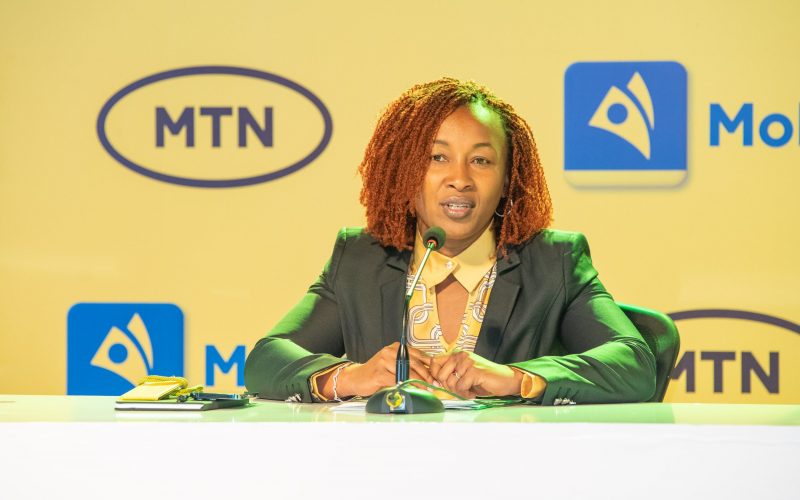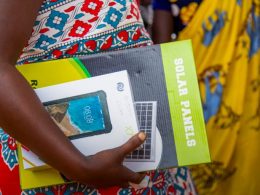By Mark Kawalya
The tech industry has long been challenged to increase the number of women in the field. MTN Uganda, a part of the MTN Group, has risen to the challenge with current statistics showing women make up 51% of the company’s workforce. This proves that diversity and inclusion are realizable even in the technology space.
This is good news for a sector that struggles with diversity and inclusion globally. MTN is Uganda’s largest corporate company, and it is commendable that the company is setting a good example. It is not surprising that this milestone was reached with Sylvia Mulinge leading the company. Sylvia is a Kenyan national who celebrated her first anniversary as the CEO of MTN Uganda last week having made history as the first female head of MTN Uganda.
MTN Uganda’s achievement is well ahead of the company’s schedule which was to achieve gender parity by 2025. “With a target of hitting the 50% mark in 2025 as underpinned by the company’s Ambition 2025 strategy, the company deployed a deliberate approach that saw it close 2022 with 49% female employees, and in less than a year, the company has surpassed its 2025 goal by 1%,” the company stated on its website.
MTN Uganda’s progress is indicative of the region’s progress toward inclusion and diversity in the telco industry. Women presently make up 49% of the workforce at Safaricom, the largest telco in Kenya. This indicates that the telecom company is also approaching gender parity.
Even in high management levels, Safaricom has made sure that diversity and inclusion policies are in place. For example, women currently make up 40% of Safaricom’s senior leadership and 45% of the board. Indeed, a new woman took Ms. Kathryne Maundu’s seat on the Safaricom PLC board upon her resignation.
These positive indications suggest the industry is embracing the growing number of young women entering the East African tech space and we can be confident that this will only continue into the future.








